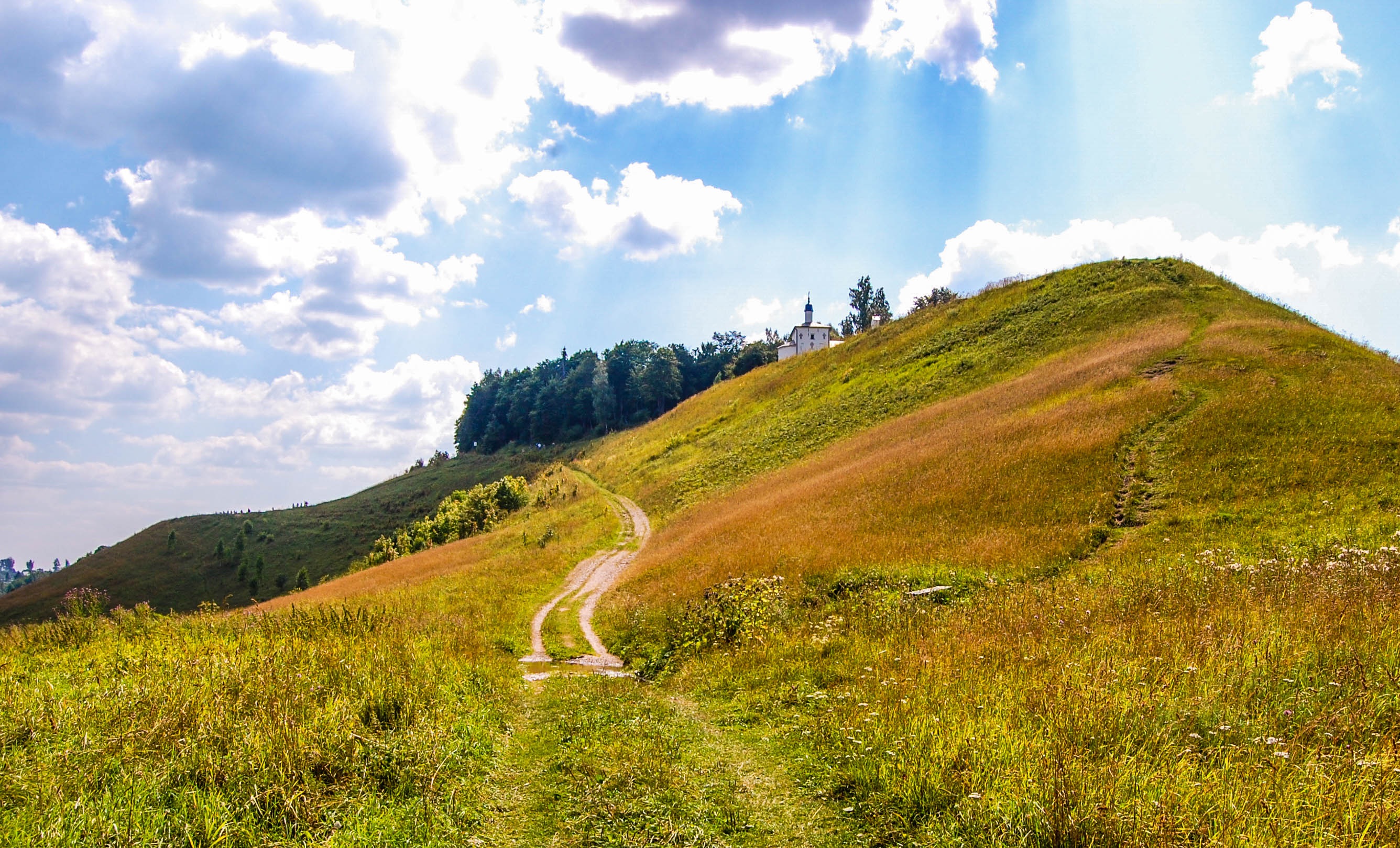The Journey of the Cross
The Feast of the Holy Cross
September 14, 2025

The Feast of the Holy Cross
September 14, 2025

Homily for the Feast of the Holy Cross
Sunday, Sept 14, 2025
John 12:31-36a
Homily Preached at Bethany Convent, Arlington, MA
In the Church’s calendar September14 is the Feast of the Holy Cross. In the Roman Church, September 14 is the Feast of the Exaltation of the Holy Cross. Not to be outdone, for the Orthodox, September 14 is the Feast of the Exaltation of the Precious and Life-Giving Cross. According to tradition, the Feast was first observed in the early 4th century when Emperor Constantine’s mother, Helen, found the true cross in Jerusalem. The feast was introduced into the Episcopal Church with the 1979 Prayer Book.
Perhaps our bare-bones Episcopal title for the Feast (merely of “the Holy Cross”) results from a reasoned, Anglican skepticism of the story of Helen discovering the “true” cross. Or perhaps our title reflects mid-20th century Anglo sensibilities – remembering Jesus’ words, “Whoever exalts himself will be humbled” (e.g., Mt 23:12), we are reticent to ‘exalt’ anything, including the cross. Or perhaps (more likely) our title is the result of committees and compromise, with those supporting the feast happy to have it included in our calendar at all, even with the “bare bones” title.
But the differences between our Churches’ celebration of today’s Feast go deeper than our Churches’ titles, for each of our Churches has chosen a different Gospel for the Feast. The Roman Gospel for the Feast is from the story of Nicodemus in John chapter 3, with its famous passage of John 3:16. The Roman focus is a theologically-weighted focus emphasizing how Jesus through the cross saved the human race. The Orthodox Gospel for the day is an extensive portion of John 19,the story of the crucifixion. The Orthodox celebration of the Feast is a liturgically-weighted focus, hearkening worshippers back to the celebration of Holy Week and the Passion. For us Episcopalians, our Gospel comes from John chapter 12, which speaks of a path or journey:
Jesus said to them, “The light is with you for a little longer. Walk while you have the light, so that the darkness may not overtake you. If you walk in the darkness, you do not know where you are going. While you have the light, believe in the light, so that you may be children of light.”
Our Collect for the Feast likewise speaks of a “path” or “journey":
Mercifully grant that we, who glory in the mystery of our redemption, may have grace to take up our cross and follow him.
The Feast, then, for us as Episcopalians is not only an invitation to “glory” in the mystery of the cross,whether that “glory” be through theology or through the rhythm of the liturgical year or both; but the invitation is also to walk a path or to go on a journey, to “take up our cross and follow him.”
We might be inclined to think that taking up our cross and following Jesus is difficult… and it is! But this morning’s Gospel suggests that what is “difficult” in taking up our cross and following Jesus might be different than we think. Note the Gospel’s emphasis on light and darkness. Again:
“The light is with you for a little longer. Walk while you have the light, so that the darkness may not overtake you. If you walk in the darkness, you do not know where you are going. While you have the light, believe in the light, so that you may be children of light.”
We have all heard Jesus in the Synoptics tell us to take up our cross and follow him (e.g., Mt 6:24; Mk:34). What John adds is an element of light. Jesus is a light, the “light of the world,” John writes (Jn 8:12). And from the cross, John suggests Jesus is like a beacon: “And I, when I am lifted up from the earth,will draw all people to myself.”
Taking up our cross, then, may sometimes mean taking on difficulties, and it may sometimes feel weighty. But today’s Feast reminds us that taking up our cross and following is perhaps primarily an opening of our eyes, a moving toward the light that is Jesus, a following of our natural attractions to him, until we discover, as Isaiah said, “There is no other… to me every knee shall bow, every tongue shall swear;” or, again, as Peter in John’s Gospel discovered, “Lord, to whom shall we go?” Peter asked. “You have the words of eternal life” (Jn 6:68)
I pray that the Feast we keep today may be for us not only an opportunity to think theologically about the cross, not only an opportunity for a mid-year remembrance of Holy Week and the Passion, but also an occasion to open our eyes, to see the light that is Jesus,to allow ourselves to be drawn to him, even as he is lifted up on the cross. And then to allow ourselves to walk in that light, and to come to know that following him, even when we walk in the way of his cross, “is none other than the way of life and peace.”
Homily for the Feast of the Baptism of Our Lord